In the land down under, a crucial call echoes through the corridors of hospitals and blood banks. The Australian Red Cross Lifeblood is sounding the alarm as reserves of type O blood plummet to alarming levels. They’re facing a dire shortage and urgently require 9,500 donations within a week to replenish their dwindling supplies.
“Right now, we’re seeing the highest rates of people rescheduling or cancelling their appointments since June last year, and our O-type blood supplies are at their lowest level since October 2023,”
expressed Stuart Chesneau, the executive director of Lifeblood.
The situation is grave as every day, nearly 10,000 blood transfusions and medications are dispensed to hospitals nationwide to meet the pressing needs of patients. This critical lifeline is under threat without an influx of generous donors stepping forward.
O-negative blood holds a special status as the ‘universal blood type,’ frequently sought after by hospitals for emergency scenarios. Its versatility comes to play in ambulances and trauma centers where immediate transfusions are vital for patients with unknown blood types.
Only a small fraction, less than seven percent of Australians possess this precious resource. Yet, it accounts for a significant portion—16 percent—of all hospital-ordered blood units due to its unmatched utility in emergencies.
Chesneau emphasizes that donations of O positive are equally indispensable, serving as a safe option for emergency transfusions in most cases:
“Some 40 per cent of people in Australia have O positive blood…they too can help save lives in emergency situations.”
Lifeblood’s plea extends beyond just those with O-type blood; it beckons all healthy individuals to consider making a life-saving contribution. A simple act that involves around an hour of your time could mean another chance at life for someone in need.
“If you’ve never donated before and don’t know your blood type, coming in to donate is a great way to find out, and you get the chance to save a life,”
encourages Chesneau with hope in his voice.
Despite more than half (57 per cent) of Aussies being eligible donors according to previous research findings, only slightly over three percent actually choose to donate—a stark contrast underscoring the urgency of this situation.
To answer this call for help and be part of something bigger than oneself—a chance to make a tangible difference—one can easily schedule an appointment by dialing 13 14 95 or booking online. Each contribution has the power not only to sustain but also save lives—the essence lies in everyday heroes rising up when duty calls.



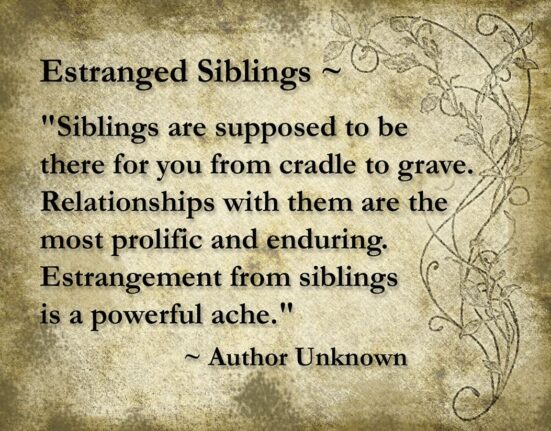
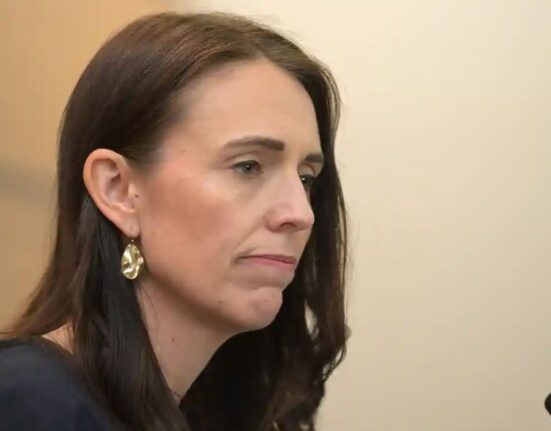
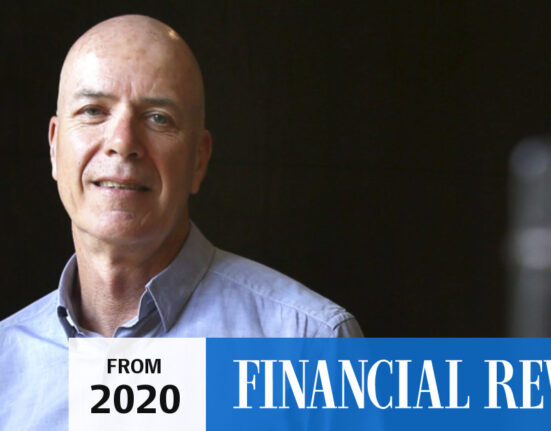

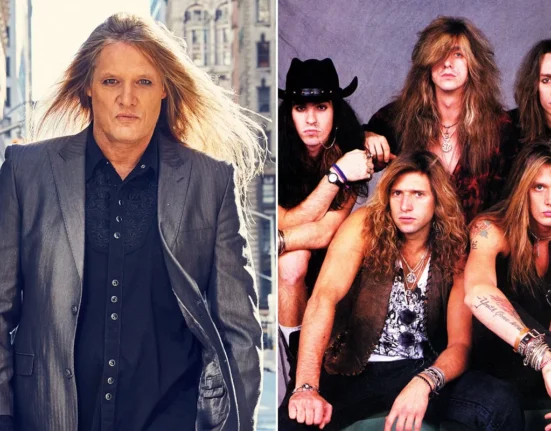
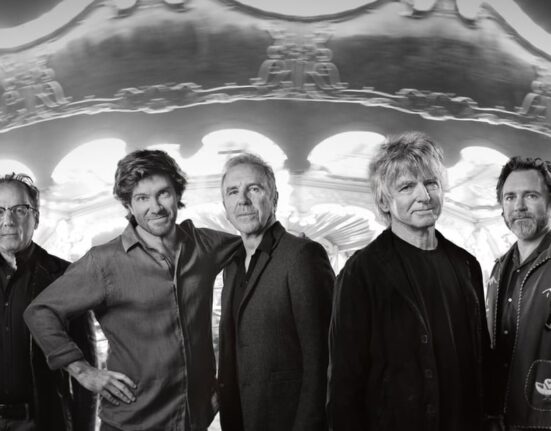
Leave feedback about this